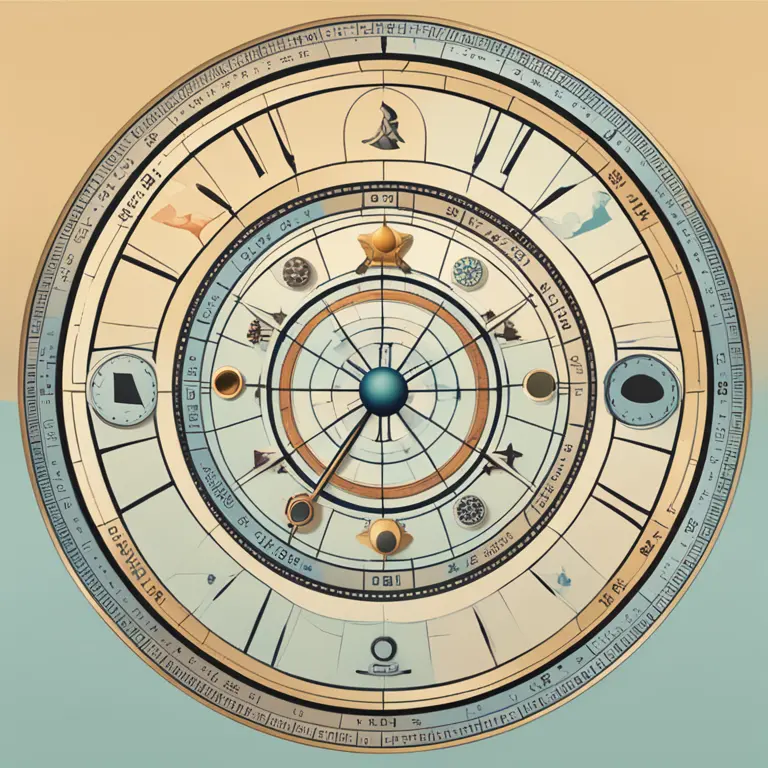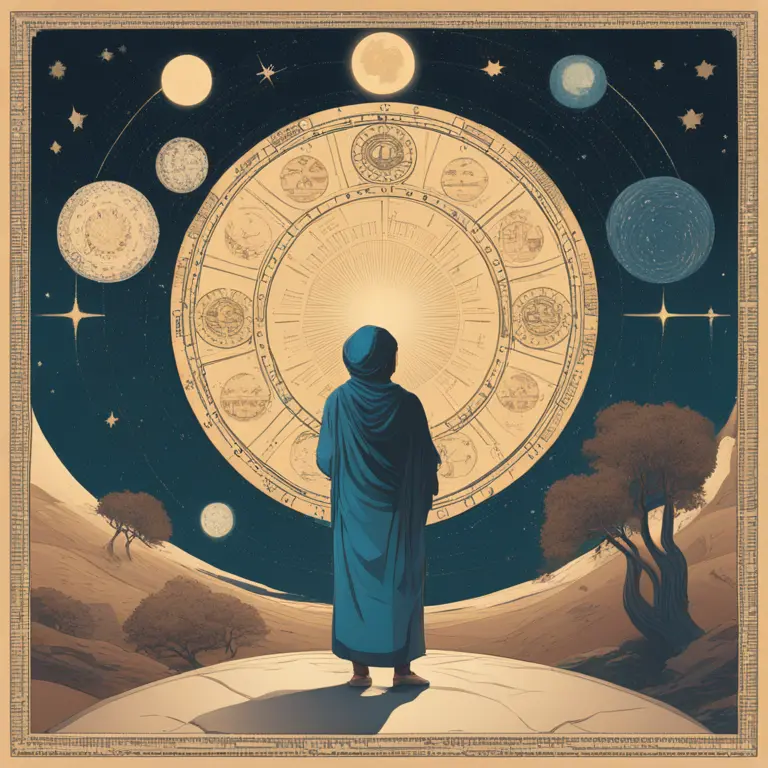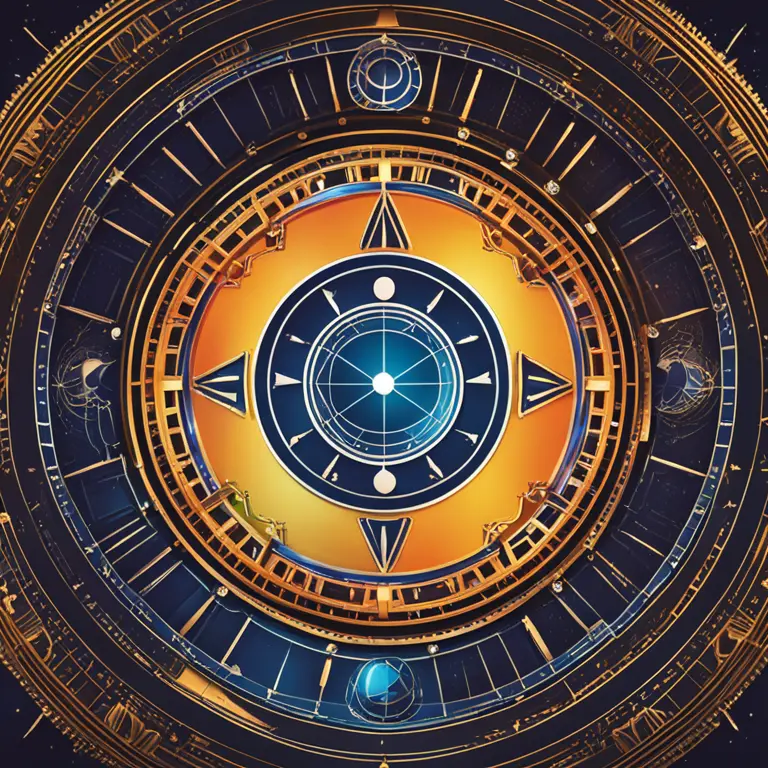
The Reality of Astrology Signs: Fact or Fiction?
Examine the legitimacy of astrology signs with a critical eye: are they an ancient wisdom or merely pseudoscience?
article by Priya Deshmukh
Ancient Origins and Modern Views
Astrology, the study of celestial bodies' purported influence on human affairs, has ancient roots that traverse various cultures. Once intermingled with astronomy, astrology was used to predict seasonal changes and interpret celestial cycles. In 2024, while astronomy has advanced as a science, astrology remains in a contentious position between belief and skepticism. This divergence largely attributes to astrology's lack of empirical backing, as opposed to astronomy's evidence-based findings. Despite this, modern astrology continues to thrive as a cultural phenomenon, with individuals seeking guidance and insight from their astrological signs.

Scientific Scrutiny and Confirmation Bias
The scientific community often regards astrology as a pseudoscience, citing a lack of consistent methodology and repeatable results. Critics argue that any accuracy in astrological predictions can be attributed to vague statements and confirmation bias, where individuals remember the 'hits' and forget the 'misses.' Furthermore, confirmation bias can lead people to actively seek information or interpretations that reinforce their beliefs in astrology, regardless of a prediction's generality or specificity.

Psychological Resonance and Personal Identity
Despite scientific criticism, astrology asserts its relevance through psychological resonance. Many people find that their astrological sign offers a sense of identity and understanding. Astrologers advocate that horoscopes can provide reflective insights, akin to tools for introspection rather than precise forecasts. In this light, astrology's appeal is intertwined with the human proclivity for self-discovery and the quest for meaning within the cosmos.

Cultural Impact and Commercial Success
Astrology's continued popularity is undeniable. From daily horoscopes in newspapers to online compatibility tests, there is a vast and thriving market for astrological services and products. As of 2024, astrology apps and personalized readings remain in high demand, indicating the cultural impact that astrology holds. This commercial success, however, is not a validation of astrology's claims but rather a testament to its appeal as an entertainment form with personal significance for many individuals.

Statistical Relevance and Controlled Studies
While individual testimonials claim profound experiences with astrology, controlled studies and statistical analyses have consistently failed to show conclusive evidence supporting astrological assertions. The Forer Effect, or the acceptance of stock character assessments as highly accurate personal descriptions, often explains why individuals identify with astrological readings. Such phenomena suggest that the personal significance attributed to astrological signs may stem more from subjective interpretation than objective reality.
The Final Verdict: A Matter of Perspective
Ultimately, the question of whether astrology signs are 'real' may not yield a universally accepted answer. For the scientifically inclined, the lack of empirical evidence discredits astrology as a belief system. On the other hand, for those who find value and comfort in astrological interpretations, the reality of astrology signs is a personal truth. As long as individuals engage with astrology on their own terms, balancing skepticism with open-mindedness, astrology will likely continue to thrive as a cultural pillar.
Published: 1/12/2024
Modified: 1/12/2024
More predictions
Come back here soon to learn more about yourself and your future


Zodiac Signs & True Self Reflection
Explore the compelling connections between zodiac signs and personality traits to discover if astrology paints an accurate picture of you.


Zodiac Sign & Compatibility: A Guide
Discover which zodiac signs are most compatible in love, friendship, and work with our comprehensive astrology guide.


The Mystique of Zodiac Water Signs
Dive into the emotional depths of the Zodiac water signs – Cancer, Scorpio, and Pisces – and discover the profound insights they offer.